EPS Shape Moulding Machine: Shaping the Future of Packaging and Construction
In the realm of modern manufacturing, efficiency, versatility, and sustainability are paramount. When it comes to the production of lightweight and versatile materials, the Expanded Polystyrene (EPS) Shape Moulding Machine takes center stage. These machines have revolutionized the way we create packaging materials, insulation products, and even artistic sculptures. In this article, we will explore the EPS Shape Moulding Machine, its functions, applications, and the impact it has on various industries.
Understanding EPS and Its Role in Moulding Machines:
EPS is a lightweight, rigid, and closed-cell plastic foam widely used for its excellent insulating properties. This versatile material, known for its low thermal conductivity, is produced from expandable polystyrene beads. The magic happens when these beads are subjected to high temperatures, causing them to expand and fuse together into the characteristic foam material.
The EPS Shape Moulding Machine is the heart of EPS production. It is a sophisticated piece of equipment that transforms expandable polystyrene beads into a vast array of products, each tailored to specific industrial applications.
Functionality and Operation:
The EPS Shape Moulding Machine is a complex piece of equipment, but its operation can be distilled into several key steps:
Pre-expansion: The process begins with the pre-expansion of polystyrene beads, typically using steam. This step increases the volume of the beads, making them ready for moulding.
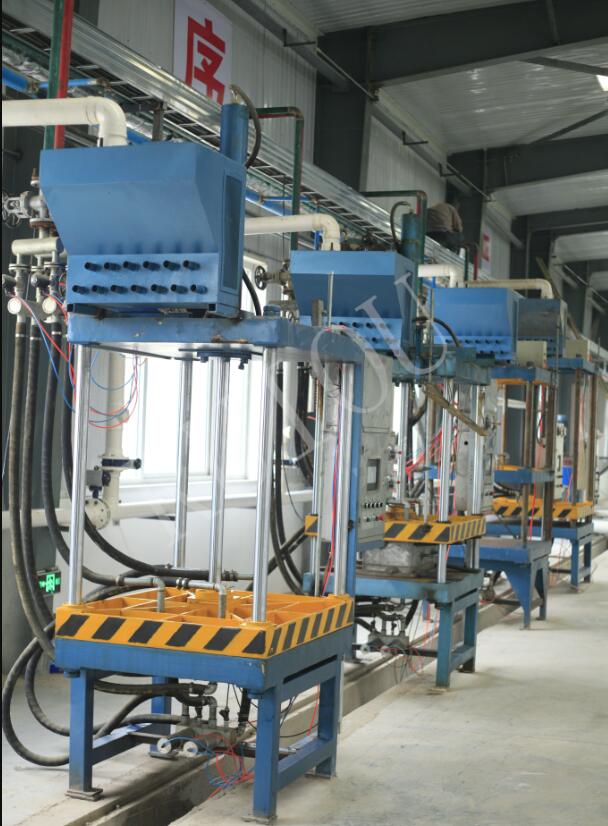
Moulding: The pre-expanded beads are introduced into the mould cavity of the machine, which is customizable to produce a variety of shapes and sizes. Steam is then applied to the beads, causing them to expand and fuse, taking on the shape of the mould.
Cooling: After moulding, the foam material needs to cool down to solidify its shape. This can be achieved through a combination of air cooling and water cooling methods.
Demoulding: Once the material has cooled and solidified, the mould is opened, and the finished product is ejected. The mould can be used for continuous production.
Applications Across Industries:
The EPS Shape Moulding Machine finds a broad spectrum of applications across various industries:
Additional reading:Behind the Scenes of Multihead Weighers: How Do They Ensure Accurate Portioning?
The Most Popular Vending Machine Trends: What's Urgently Changing the Game in 2023?
Common Problems and Troubleshooting for Dual Action Hydraulic Cylinders
How The Glove Counting Machine Works
What is a Vertical Rolling Machine, and How Does it Work?
Internal Spline Cutting vs. External Spline Cutting: Which is Right for Your Project?
Packaging: One of the most common uses of EPS foam is in packaging. Whether it's for fragile items, electronics, or perishable goods, EPS foam provides excellent protection due to its shock-absorbing properties.
Insulation: EPS foam is a popular choice for thermal insulation in the construction industry. It offers high insulation values, is lightweight, and can be easily cut and shaped to fit any space.
Art and Sculpture: EPS foam's ease of moulding and carving makes it a preferred material for artists and sculptors. It can be used to create large, intricate sculptures and props for various events and productions.
Marine and Boating: EPS foam is employed in the marine industry for its buoyancy and water-resistant properties. It's used in the construction of floating docks, boats, and even surfboards.
Civil Engineering: In civil engineering, EPS foam can be used as a lightweight fill material to reduce the load on soft soils, particularly in road and railway construction.
Sustainability and Environmental Impact:
One of the critical considerations in today's manufacturing landscape is sustainability. EPS foam has often faced criticism for its environmental impact due to concerns about its disposal. However, it's worth noting that EPS can be recycled and reused. Moreover, advancements in the industry are promoting the use of biodegradable alternatives.
EPS Shape Moulding Machines play a role in sustainability as well. They can be fine-tuned to minimize waste by optimizing the use of polystyrene beads and maximizing the efficiency of the moulding process.
Conclusion:
The EPS Shape Moulding Machine is a game-changer in the world of manufacturing, delivering lightweight, versatile, and insulating material for a wide range of applications. From packaging to construction, and even art, EPS foam plays an integral role in shaping the future of various industries. As technology and sustainability continue to evolve, the Ruiou EPS Shape Moulding Machine remains a valuable tool in creating products that are efficient, versatile, and environmentally responsible.
How to Select the Perfect Maize Flour Milling Machine?
Case Studies: Success Stories of Mobile Crushers in Sustainable Construction
Unlocking the Potential of Metal 3D Printing with Hydrogen Sintering Furnaces
Are there different types of pet food production lines for different types of pet food?
Water-Resistant and Explosion-Proof AC Slip Ring Motors for Harsh Environments
7 Reasons For Valve Grinding Machine Chatter
How DC Portable Water Chillers Improve Home Office Environments?
163
0
0
Related Articles


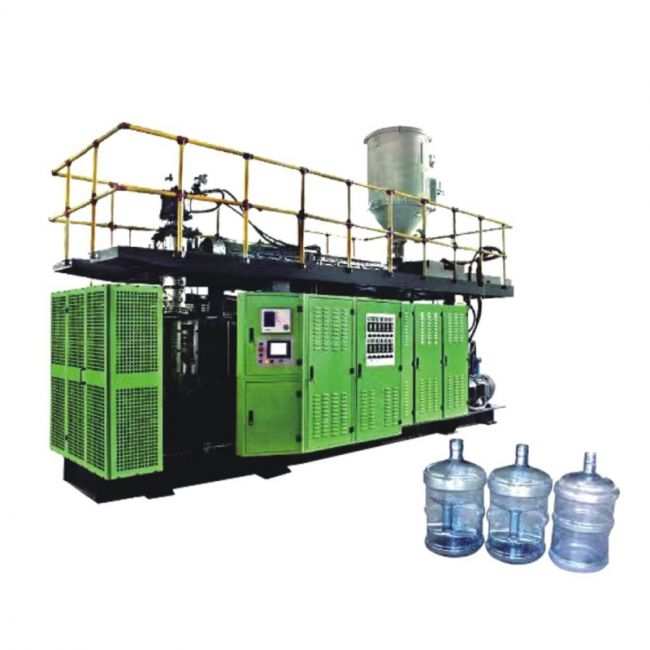
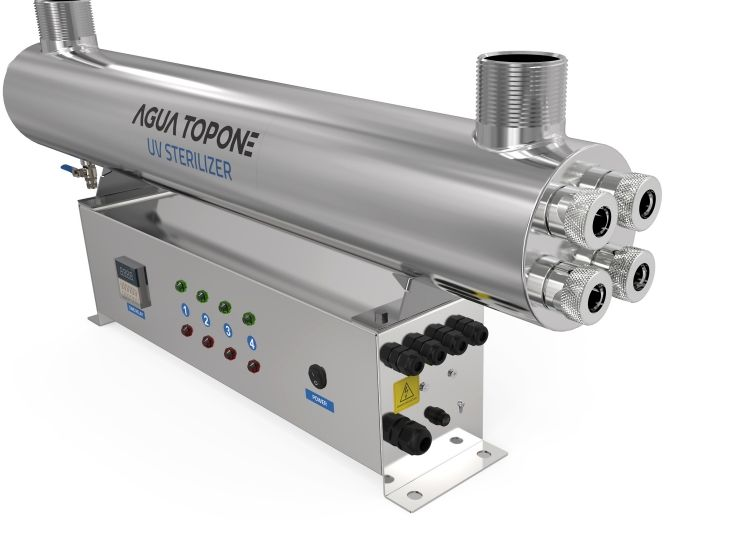

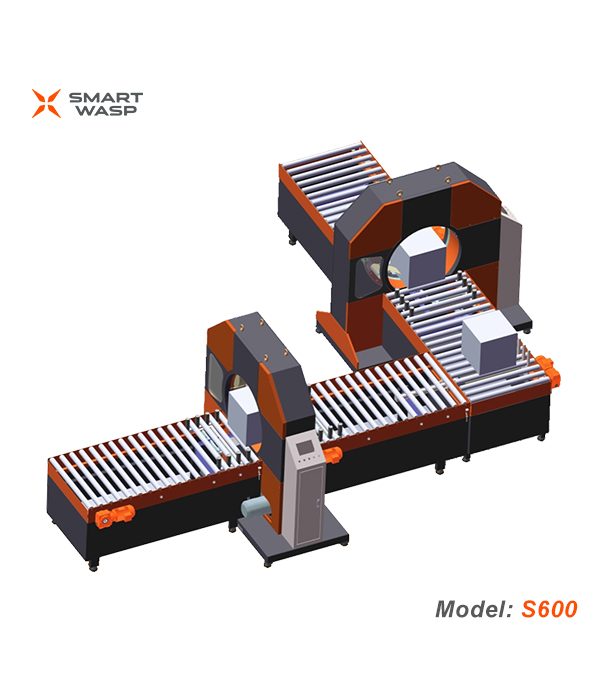
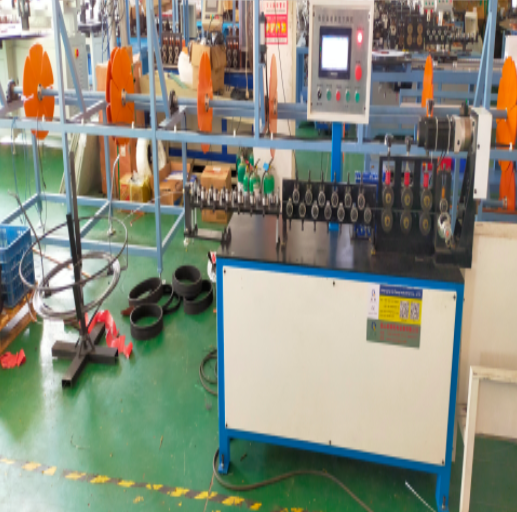
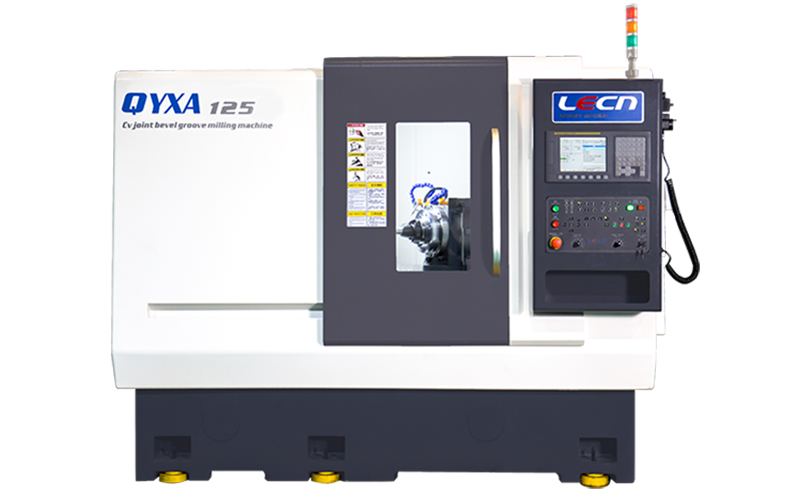
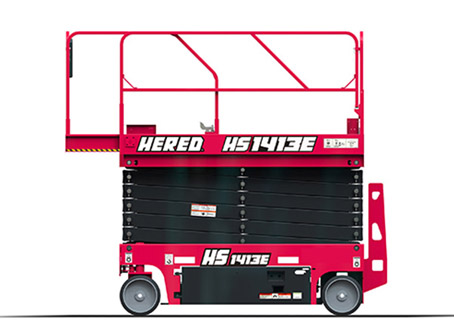
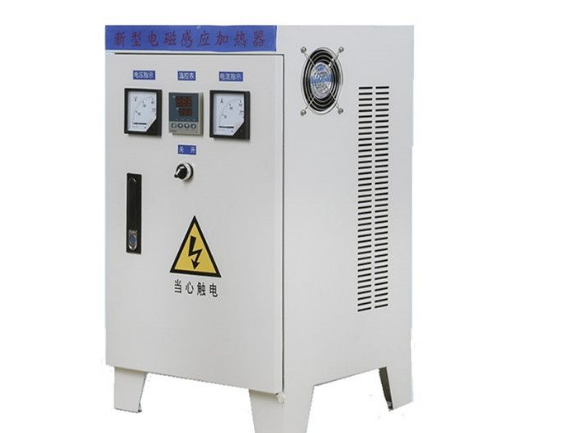
Comments
All Comments (0)